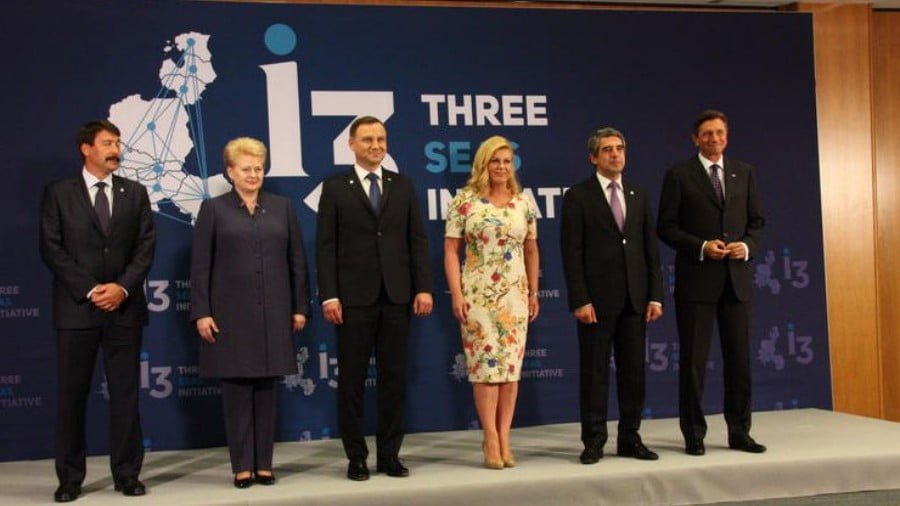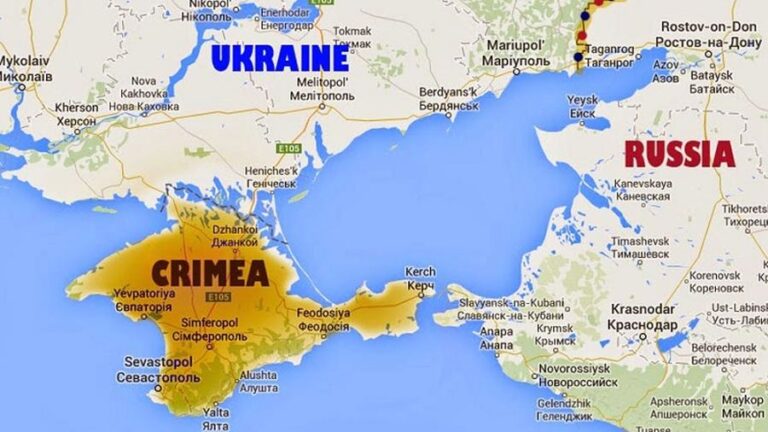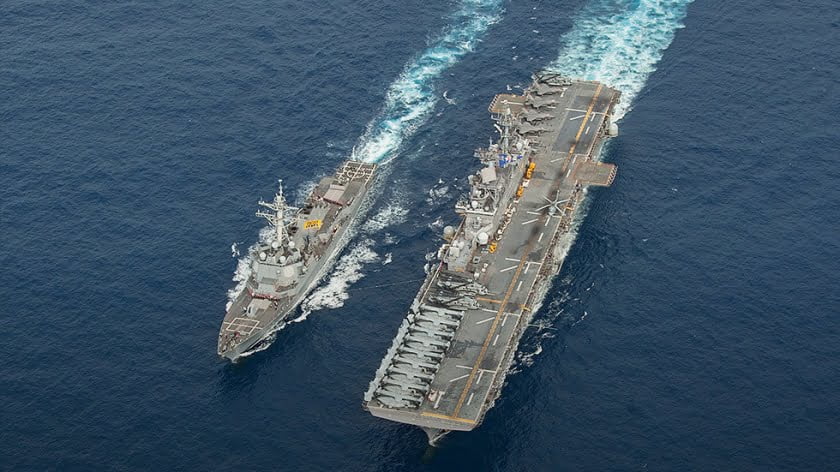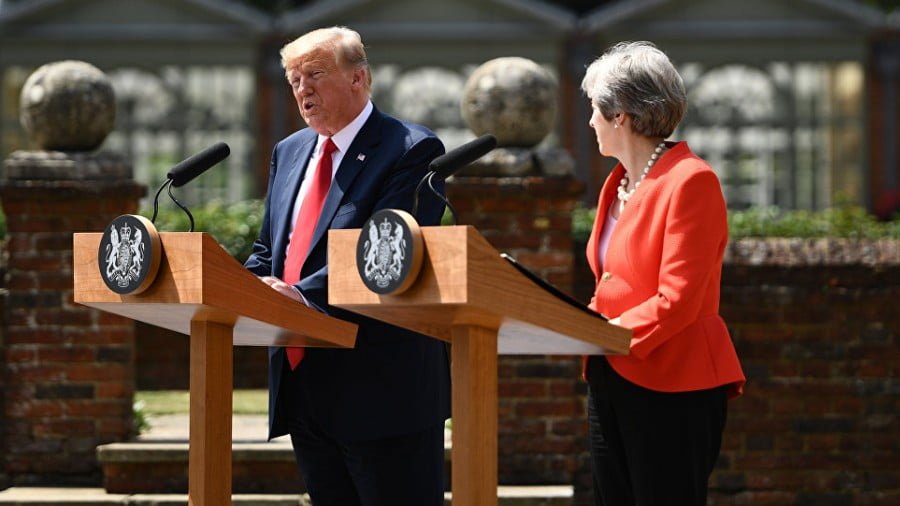Pakistan – United Arab Emirates Through the Lense of N.Modi’s Policy in the Middle East
Crown Prince Mohammed bin Zayed Al Nahyan, Deputy Commander-in-Chief of the UAE Armed Forces, visited India between January 26-28, 2017. He was invited as guest of honor to take part in celebrations dedicated to the Republic Day of India. Disregarding the official protocol, the Indian Prime Minister, Narendra Modi, met him at the airport.
Since 2015, Abu Dhabi has actively been expanding its strategic partnership with New Delhi, considering this state in South Asia as one of the most important countries in the world, a state with the largest democracy and high economic potential, a developed scientific base and a billion people.
On the other hand, Islamabad is becoming increasingly jealous of the strengthening Indo-UAE relations, given that for decades, the UAE has been Pakistan’s strategic ally. Nevertheless, whenever it comes to the strengthening of the ties between the monarchies of the Persian Gulf and India, they have stipulated that this has nothing to do with the Pakistani-Indian conflict.
The cooling of relations between the Persian monarchy and Islamabad is associated with Islamabad’s refusal to join the war against the Huthis in Yemen in 2015, something that the Cooperation Council for the Arab States of the Gulf (CCASG) insisted on. Just two years ago, the bilateral trade volume was $ 9 billion a year. The amount of remittances by the Pakistani diaspora, numbering 1.3 million people, was $ 14 billion. Abu Dhabi financed a number of economic and social projects in Pakistan, for example, the Cadet College in Wana in the North Waziristan Agency within the framework of a comprehensive plan for the rehabilitation of the region. In March 2015, a UAE company called Xclera Resources UAE announced its plans to engage in the construction of an oil refinery in the Pakistani province of Khyber Pakhtunkhwa, a project with an estimated cost of $ 500 million.
However, the project has not yet been initiated to date.
A resolution passed by both Pakistani Houses of Parliament that was adopted on April 10, 2015, in which Pakistan declared neutrality in the Yemen conflict (Pakistan only promised to defend the territorial integrity of Saudi Arabia and the holy places of Mecca and Medina), caused a negative reaction from the Persian Gulf monarchies. The most sharply expressed was by Abu Dhabi. Calling it “inconsistent, dangerous and unexpected,” UAE Minister of State for Foreign Affairs, Anwar Gargash, accused Islamabad of supporting Tehran, which, in turn, was being accused of supporting Houthi rebels. Even then, Abu Dhabi warned Pakistan about the “high price for the ambiguous position” on Yemen, pointing out that “… the muddled and contradictory position being taken by Pakistan and Turkey are absolute proof that Arab security, from Libya to Yemen, is under responsibility of only Arab states, and that the Persian Gulf has entered into a dangerous confrontation, with its strategic security on the edge, and at a critical moment the required political support is not being availed.” The UAE urged Pakistan to take a clear position “in favor of its strategic relationship with the six members of the Cooperation Council for the Arab States of the Gulf.”
As for relations between India and the UAE, we cannot forget that after coming to power in May 2014, Narendra Modi immediately set off on the road to expand ties with the Persian Gulf states. While on this trail, he skillfully took advantage of the cooling relations of a number of Persian monarchies with Pakistan. In August 2015, he made the first-in-34-years visit by India’s head of state to the UAE. Global media regarded it as the beginning of a new comprehensive partnership between the two countries, taking into account that in the past, political relations between the two powers were not that close. Both New Delhi and Abu Dhabi were only getting to know each other those days. Mutual interest was limited by intentions to strengthen trade and economic ties, and bi-lateral relations in the field of defense. Cooperation in commerce remained the top priority. With the UAE having a turnover of $ 50 billion in 2016, New Delhi found the UAE quite attractive as a foreign resource.
Back in 2015, Abu Dhabi and New Delhi agreed to strengthen cooperation in the fight against terrorism, money laundering, drug trafficking, cross-border terrorism, governments’ attempts to use religion to justify, support and sponsor terrorism. Indian media began labelling Pakistan as a “breeding ground for terrorism.” With the support of the United Arab Emirates, India promoted its proposed version of the Comprehensive Convention on International Terrorism for further discussion at the UN. After the 2015 visit to the UAE, New Delhi was bent on ensuring Islamabad’s diplomatic isolation in the region.
We cannot say that the Emirates were looking for a replacement to Islamabad in the face of New Delhi in matters of the supply of arms or conducting joint military exercises. Nevertheless, the first step was taken in 2015. For N.Modi, this meant a political victory over Islamabad in the region.
In 2016, with the aim of attracting the Emirati capital to profitable projects in India, the two sides began developing a ten-year investment plan. India set up the National Investment and Infrastructure Fund. By January 2017, the majority of the “bottlenecks” (tariff reductions) in India’s investment policy had been eliminated.
Sheikh Mohammed bin Zayed’s visit to India in January 2017 stimulated further strengthening of relations between the two countries. Among 14 documents signed, three stand out: Agreement on Strategic Storage and Management of Crude Oil, Treaty on Comprehensive Strategic Partnership and Cooperation in the Defense Industry. Evaluating their potential, global media have emphasized that on the basis of these treaties, the two nations had raised their relationship to a new strategic level.
India ranks third in the world in terms of crude oil consumption, after the US and China. According to http://gulfnews.com, in 2016, 200 million tons accounted for its domestic needs. CCASG is the second in terms of its trade turnover volume with its trade partner New Delhi, which imports more than 45 percent of the crude oil from the Gulf countries (the UAE is ranked sixth in terms of its supplies to India). The state-owned Abu Dhabi National Oil Company (Adnoc), which has access to crude oil storage reserves of up to 6 million barrels, gives out the agreement on the supply of crude oil. The reserves are located in the southern Indian city of Mangalore. Injection into underground storage allows Adnoc to increase its volume of supplies of hydrocarbon raw materials to the Indian oil-refining sector. This meets the growing demand for energy and serves as a guarantor of national security, but also opens up opportunities for further UAE investments in the Indian oil refining and petrochemical industries.
At the beginning of 2015, Abu Dhabi held talks with Islamabad on the construction of an oil refinery by the UAE company, Xclera Resources UAE, in the Pakistani province of Khyber Pakhtunkhwa, a project costing up to $ 500 million. However, after the events of March 2015, the project was recalled.
The UAE is directing up to 75 billion dollars in investment for infrastructure projects in India; strengthening cooperation in the field of defense, maritime traffic, commerce and other fields. At the same time, the UAE is opening markets on the African continent for Indian goods. The reorientation of the political, trade and economic policies and military cooperation by one of the leading CCASG states definitely affects Islamabad’s strategic interests. India is snatching away Pakistan’s largest investment partners, thus weakening its energy market capacity.
At the same time, we must not forget that the replenishment of energy deficit (the deficit is currently 10 000 MW) was one of the campaign promises by the current Prime Minister of Pakistan, Nawaz Sharif, who also gave permanent assurances of uninterrupted power supply. Against this background, the collapse of his energy policy in 2016-2017 has already doomed his Sharif Clan campaign planned for 2018.
By Natalia Zamarayeva
Source: New Eastern Outlook







